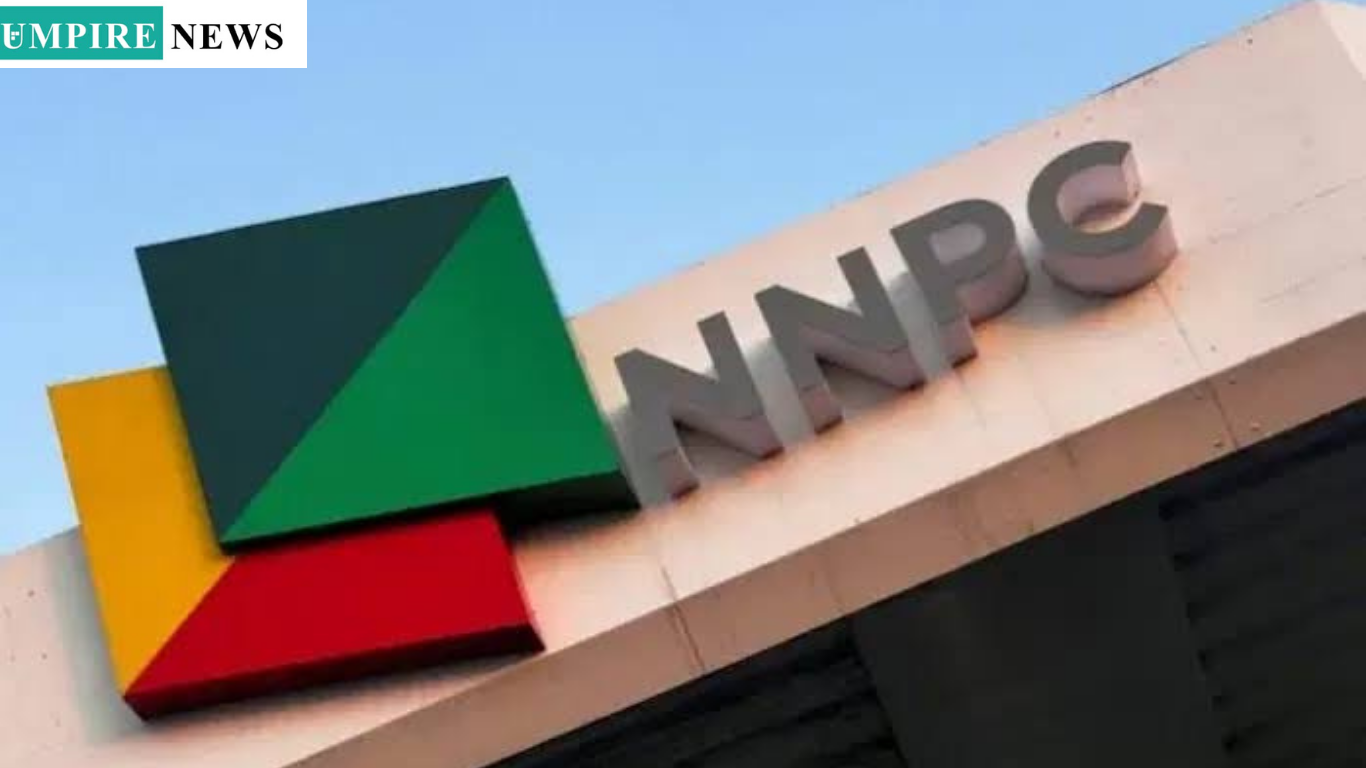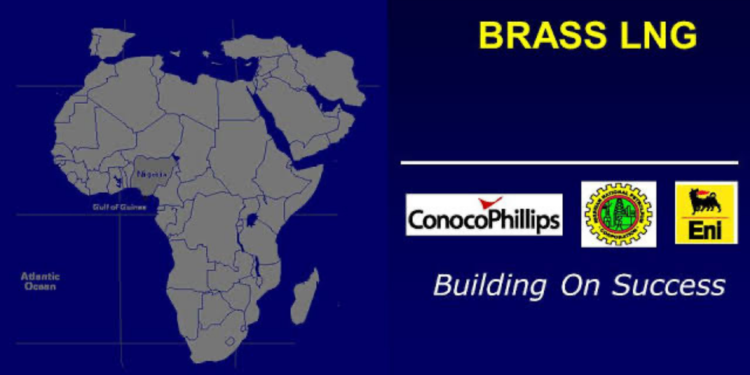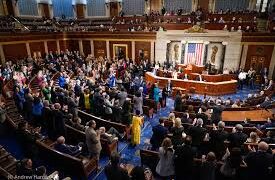The Nigerian National Petroleum Corporation (NNPC) Limited, in collaboration with its key partners Shell, TotalEnergies, and Agip, has successfully finalized a landmark agreement that will see the supply of natural gas to the Brass Fertilizer & Petrochemical Company Limited’s methanol-manufacturing plant.
This crucial Gas Sales and Purchase Agreement (GSPA) was signed in Abuja on Friday, marking a major milestone for a project that has been in development for nearly nine years since its initial announcement.
The signing of the agreement signifies a critical step forward in the execution of this long-awaited project, which is aimed at utilizing Nigeria’s vast natural gas reserves for industrial growth and export.
The Minister of Petroleum Resources (Gas), Ekperikpe Ekpo, lauded the agreement, emphasizing its importance for the country’s efforts to better harness and monetize its extensive gas reserves. According to Ekpo, this agreement represents “a significant milestone in the ongoing efforts to monetize Nigeria’s vast gas reserves.”
The successful completion of this deal now clears the path for Brass Fertilizer & Petrochemical Company Limited and its partners to commence construction of the massive $3.3 billion methanol manufacturing project, which is expected to provide substantial economic benefits for Nigeria.

The plant will be strategically located on Brass Island in Bayelsa State, a region rich in natural resources and positioned for industrial development.
Under the terms of the agreement, NNPC and its partners will supply approximately 270 million standard cubic feet of gas per day to the Brass Fertilizer & Petrochemical plant.
This steady supply of natural gas is expected to fuel the facility’s operations, enabling the production of various gas-based products, including fertilizers and petrochemicals.
This project is poised to become a huge player in both the domestic and international markets, particularly in terms of export potential.
Once operational, the methanol-manufacturing plant is anticipated to generate revenue for Nigeria. Minister Ekpo stated that the government expects the facility to bring in over $1.5 billion annually from the export of fertilizers, petrochemicals, and other gas-derived products.
The revenue generated from this project will not only boost the country’s export earnings but will also reduce Nigeria’s reliance on fertilizer imports.
As Ekpo highlighted, the project “will reduce fertilizer imports by 30%, saving Nigeria approximately $200 million in foreign exchange annually.”
What You Should Know;
Nigeria, as Africa’s largest crude oil producer, has been looking to diversify its economy by reducing its reliance on oil exports and promoting the utilization of its underexploited gas reserves.
The country holds an estimated 200 trillion cubic feet of natural gas reserves, yet much of its gas output is either flared (burnt off as waste) or re-injected into wells.
The government is increasingly encouraging investments in gas infrastructure to take advantage of this vast resource, which could offer a more sustainable and lucrative alternative to crude oil.
The Brass Fertilizer & Petrochemical Company has also been making strides in developing the logistical capabilities necessary for exporting its products.

Recently, the company announced a major agreement with COSCO Shipping Lines Co. Ltd. to acquire 16 new methanol-powered vessels.
These ships will be instrumental in transporting methanol and other products from the Brass methanol plant to international markets, further solidifying Nigeria’s presence in the global petrochemical industry.
Backstory;
This project is part of a broader initiative by Nigeria to establish itself as a major hub for downstream oil and gas manufacturing in Africa.
At the recently concluded Forum on China-Africa Cooperation, a key agreement was signed between Nigeria’s Brass Fertilizer & Petrochemical Company and the China Road and Bridge Corporation (CRBC).
This agreement is focused on the development of the Brass Industrial Park and methanol complex, which is projected to inject an estimated $3.3 billion into Nigeria’s economy.
The Brass Oil and Gas City project, of which the methanol plant is a critical component, aims to position Nigeria as a leading global center for petrochemical, fertilizer, refinery, and hydrocarbon processing.
Located on Brass Island in Bayelsa State, this development is envisioned to become one of the largest industrial complexes for oil and gas processing in the world.
The project is expected to boost Nigeria’s downstream oil and gas sector by creating a world-class, export-oriented hub for manufacturing and industrial activities.
So far, $3.5 billion has already been committed to various projects within the Brass Oil and Gas City. This comprehensive industrial development is not just limited to methanol production; it will encompass a wide range of petrochemical and gas-based products that will be sold both domestically and internationally.
The goal is to transform Brass Island into a global hub for oil and gas manufacturing, driving economic growth, job creation, and increased revenue for Nigeria.
The Brass Methanol Project, which is at the heart of this initiative, is being sponsored by the Brass Fertilizer & Petrochemical Company Limited (BFPCL).
BFPCL is a joint venture between DSV Engineering Limited, NNPC, and the Nigerian Content Development & Monitoring Board (NCDMB).
BFPCL will own and operate the methanol-manufacturing plant, further bolstering Nigeria’s domestic industrial capabilities and increasing its role as a key player in the global petrochemical industry.
With the finalization of the Gas Sales and Purchase Agreement, Nigeria is one step closer to realizing the full potential of its gas reserves, creating new economic opportunities, and reducing its reliance on oil exports.
The development of the Brass Fertilizer & Petrochemical Company’s methanol plant is poised to become a cornerstone of the country’s long-term strategy to diversify its economy and position itself as a leader in the global gas and petrochemical markets.


































